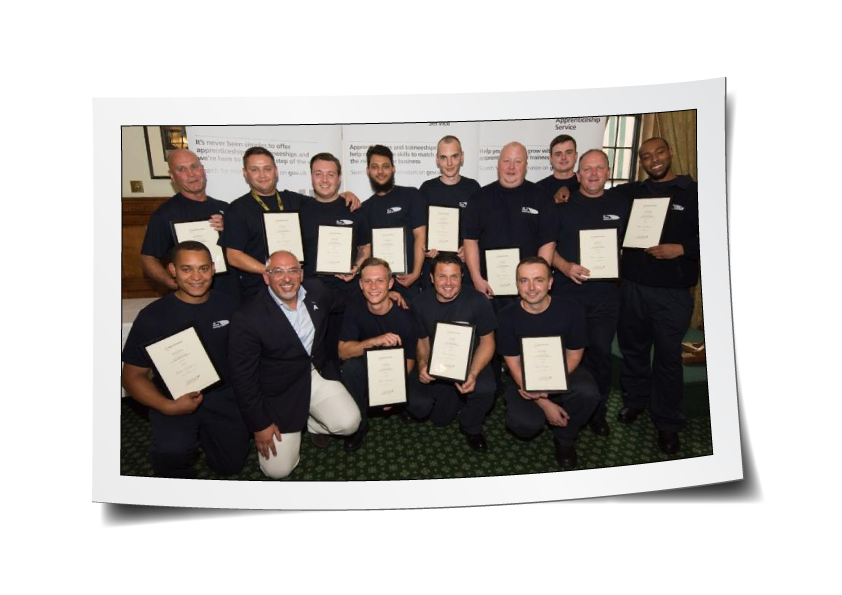As part of our 25th Anniversary celebrations, we are interviewing some of our amazing team members to highlight their unique contributions, celebrate their achievements and share their stories.
The series is starting with Rob Murphy, Workforce Planning Consultant.
Tell us about your experience working with Energy & Utility Skills.
I started my journey with Energy & Utility Skills a little over 20 years ago. I joined as one of three Research Managers in a team of six. Over time, I became Head of Research, leading to my current role as Workforce Planning Consultant.
My role involves a lot of interaction with various stakeholders, including employers, technology developers, and universities. Engaging with these groups is crucial as it helps us understand industry changes and the impact of new technologies on the future workforce.
On one hand, there is a qualitative aspect, focusing on the narrative and developing the story behind it all. On the other hand, there is a quantitative aspect, involving data analysis and quantifying the information.
Another key part of my role involves interviewing companies, guiding them through the analysis and data, and highlighting future workforce requirements. This often involves integrating into an HR team for around 3-4 months and providing insights that help the company plan for future workforce demands.
What do you like most about working for Energy & Utility Skills?
Two things really stand out: the job itself and the variety it offers. I love all aspects of my job, whether it’s interviewing or crunching numbers. While maths and numbers might not be everyone’s cup of tea, I’ve always enjoyed them. Numbers provide a sense of certainty and clarity that is not always present in other roles. I’ve been involved in skills and labour market research since the early 90s, and it has always been a field of interest for me.
The job is also very varied. One day I might be focusing on the water industry, the next on power, and the next on waste. It’s rare for two projects to be the same. Additionally, I’ve been fortunate to travel globally for different projects, visiting places like Bahrain, Cape Town, Brussels, and Hong Kong. My trip to Hong Kong was particularly memorable, though a typhoon made for an interesting walk back to the hotel.
The flexible working arrangements offered by Energy & Utility Skills significantly improve work-life balance, especially for those with children. I’ve always had supportive line managers, and I can’t recall any instance where training or development opportunities were denied. My role requires continuous learning and understanding of new issues, and it’s reassuring that Energy & Utility Skills provides strong support in this area.
What have been the biggest changes you’ve seen during your time here?
Over the past 20 years, some of the biggest changes include our name change from GWINTO to Energy & Utility Skills, as well as shifts in our operation and remit. We started as a predominantly government-funded Sector Skills Council, conducting labour market research for the public good. Since then, we’ve transitioned to a more commercial operation. Our ability to adapt and stay relevant has been key to our success.
Another notable change is how we conduct meetings with clients. Previously, meetings often required long commutes, but now, most meetings are held on MS Teams. This allows us to check in more frequently and build stronger relationships in less formal settings. It also makes better use of everyone’s time.
Describe working for Energy & Utility Skills in three words:
Enjoyable, varied and interesting.
It’s never boring, no two days are ever the same, and it’s never dull. It’s definitely a career for me, not just a job.




